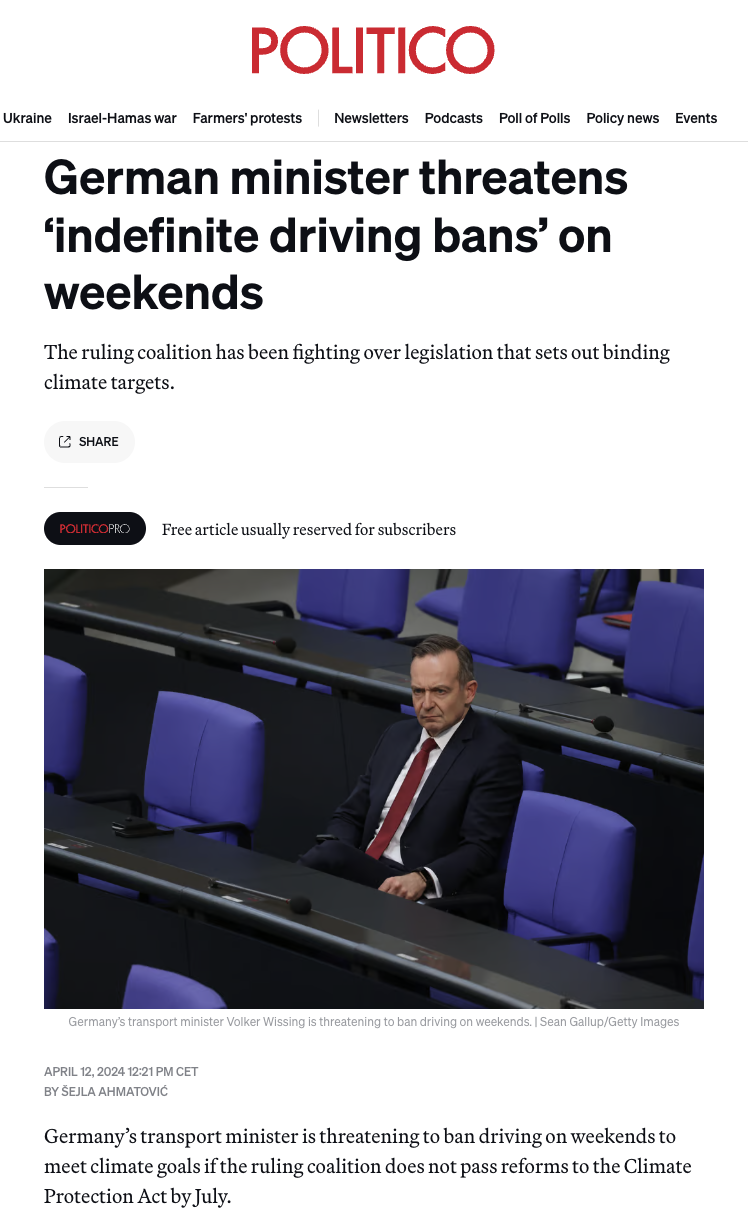https://www.americanthinker.com/blog/2019/02/the_global_warming_pause.html
The global warming pause
The non-warming of the climate has become a topic much discussed since about 2005. John Christy has testified to Congress about the “gap” between IPCC climate models, which are based on steadily increasing levels of atmospheric CO2 and observations of atmospheric temperatures, measured by both satellites and radiosondes, 1978-2015 (see Christy fig. below).
There have been many attempts to explain this discrepancy, ranging from a flat denial that such a gap exists (Tom Karl, Science, 2015, pp. 1,469-1,472, doi: 10.1126/science.aaa5632) to attempts to account for the “missing incoming energy.” For example, Kevin Trenberth has proposed that the missing energy, instead of warming the atmosphere, “hides” in the deep ocean, to be released later.
Based on all the foregoing discussion, of the log-dependence of CO2 forcing (Myhre et al., GRL, 1998, vol. 25, doi: org/10.1029/98GLO1908) and its possible climate-cooling effect, I have a simpler hypothesis on the ineffectiveness of CO2 in warming the climate. I realize that this explanation is unacceptable to the IPCC and to many climate-warming advocates. I believe that the “gap,” now 40 years long, according to Christy, has existed throughout the Industrial Revolution — and probably during the whole of the Holocene. In other words, I consider that the “pause” may be permanent.
I also believe that the gap will continue to grow in the future and demonstrate a convincing empirical argument supporting my explanation — namely, that CO2 no longer affects the climate, except perhaps at the slow level of its log-dependence.
This log-dependence has to be modified (1) by CO2 cooling of the climate and (2) by possible positive feedback from water vapor, as assumed by the IPCC.
In any case, all CO2 effects are overshadowed by climate oscillations and changes in solar activity (as can be seen in fig.14, pg.12, “Nature Rules the Climate” Neff et al., 2001, “Strong Coherence…,” Nature, vol. 411, pp. 290–293).



